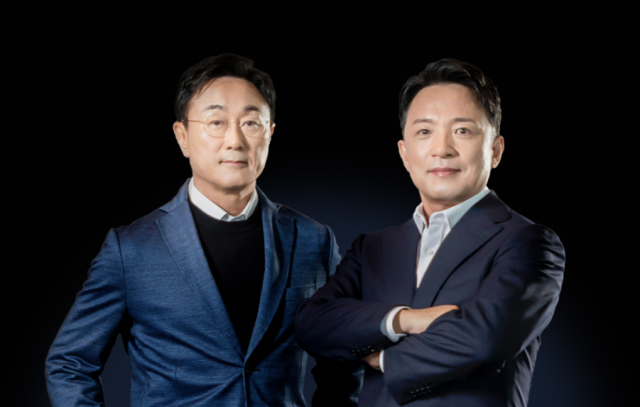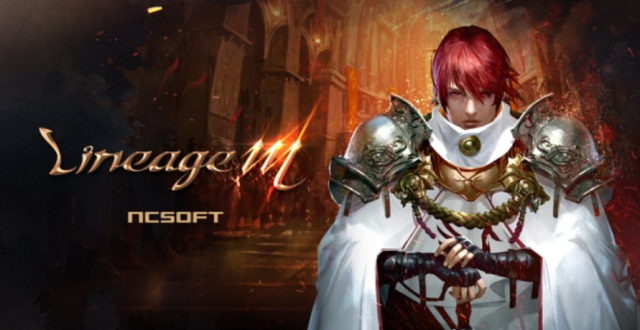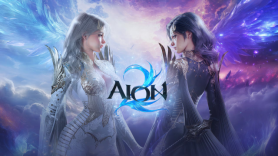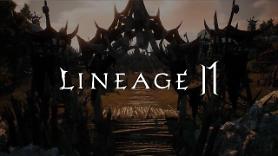
Editor's Note: This article is the 32nd installment in our series on Asia's top 100 companies, exploring the strategies, challenges, and innovations driving the region's most influential corporations.
SEOUL, August 21 (AJP) - In the late 1990s, when South Korea’s internet cafes were still filled with teenagers battling each other in primitive shooting games, a young software engineer, Kim Taek-jin, was quietly building something different.
Kim, who had helped develop one of the country’s first word processors for the Korean language, launched a role-playing game called Lineage in 1998. It was South Korea’s first massively multiplayer online role-playing game — a virtual world where tens of thousands of players could gather at once, form alliances, and wage endless battles.
The release transformed the country’s fledgling gaming industry and turned NCSOFT, the company Kim founded a year earlier, into a household name. More than a quarter century later, Lineage and its sequels still account for most of the company’s revenue.
That dependence has been both a blessing and a burden.
NCSOFT remains one of South Korea’s largest game publishers, but as the industry pivots toward mobile titles, console blockbusters and emerging platforms like the metaverse, it faces the challenge of reinventing itself while holding onto its most loyal fans.
The company’s latest earnings, released this month, reflect that delicate balance. Revenue in the April-to-June quarter rose to 382.4 billion won, or about $284 million. Operating profit surged 71 percent from a year earlier, to 15.1 billion won. But foreign exchange losses pushed NCSOFT into the red, with a net loss of 36 billion won.
The numbers underline a paradox: NCSOFT remains highly profitable when it leans on Lineage, but its long-term ambitions hinge on proving it can do more.
In recent months, Kim has reorganized the company to prepare for that future. He stepped into a co-chief executive role alongside Park Byung-moo, who now manages business operations and acquisitions, freeing Kim to focus on the creative side of game development.
NCSOFT has also invested in overseas studios in Sweden and Poland, betting that fresh talent can help diversify its catalog. Seven new titles are planned by 2026, including Aion 2, a sequel to one of its earlier hits, and Cinder City, a massively multiplayer tactical shooter that has already been delayed.

Perhaps the company’s boldest move lies in artificial intelligence.
NCSOFT has been rolling out Varco Studio, a proprietary generative AI tool that can build avatars, synthesize voices and automatically generate storylines. The company even spun off an AI subsidiary to accelerate development. Executives say the technology could dramatically reduce the time and cost of producing new games.
“We’re at an inflection point,” said one Seoul-based industry analyst. “If NCSOFT can translate its AI investments into compelling new titles, it has a chance to break out of the Lineage shadow. If not, it risks being seen as a one-franchise company.”
For Kim, the stakes are personal. At 56, he still sees himself less as a corporate chairman than as a developer. Friends and colleagues describe him as a tinkerer who would rather spend time with designers than board members. In that sense, the dual leadership model — with Park handling the business and Kim shaping the creative vision — reflects not just a corporate strategy but Kim’s own identity.
The company’s ambitions are not limited to gaming. It operates a professional baseball team, the NC Dinos, and runs philanthropic programs through the NC Cultural Foundation, which supports education and campaigns against gaming addiction.
NCSOFT is also experimenting with blockchain-based games and metaverse-style community platforms, signaling its intention to remain at the forefront of digital culture.

Still, challenges abound. NCSOFT competes not only with domestic rivals like Nexon and Netmarble but also with global powerhouses like Blizzard and Riot Games, whose titles dominate esports arenas and streaming platforms.
For all its technological prowess, NCSOFT has yet to produce a global cultural phenomenon on the scale of League of Legends or World of Warcraft.
Yet in the company’s glassy headquarters south of Seoul, there is quiet confidence. After all, Kim has been here before: trying to convince the world that a small Korean developer could build something players would devote their lives to. In 1998, that gamble reshaped online gaming.
The question now is whether NCSOFT can do it again — this time, with artificial intelligence and a new generation of players.

Copyright ⓒ Aju Press All rights reserved.




